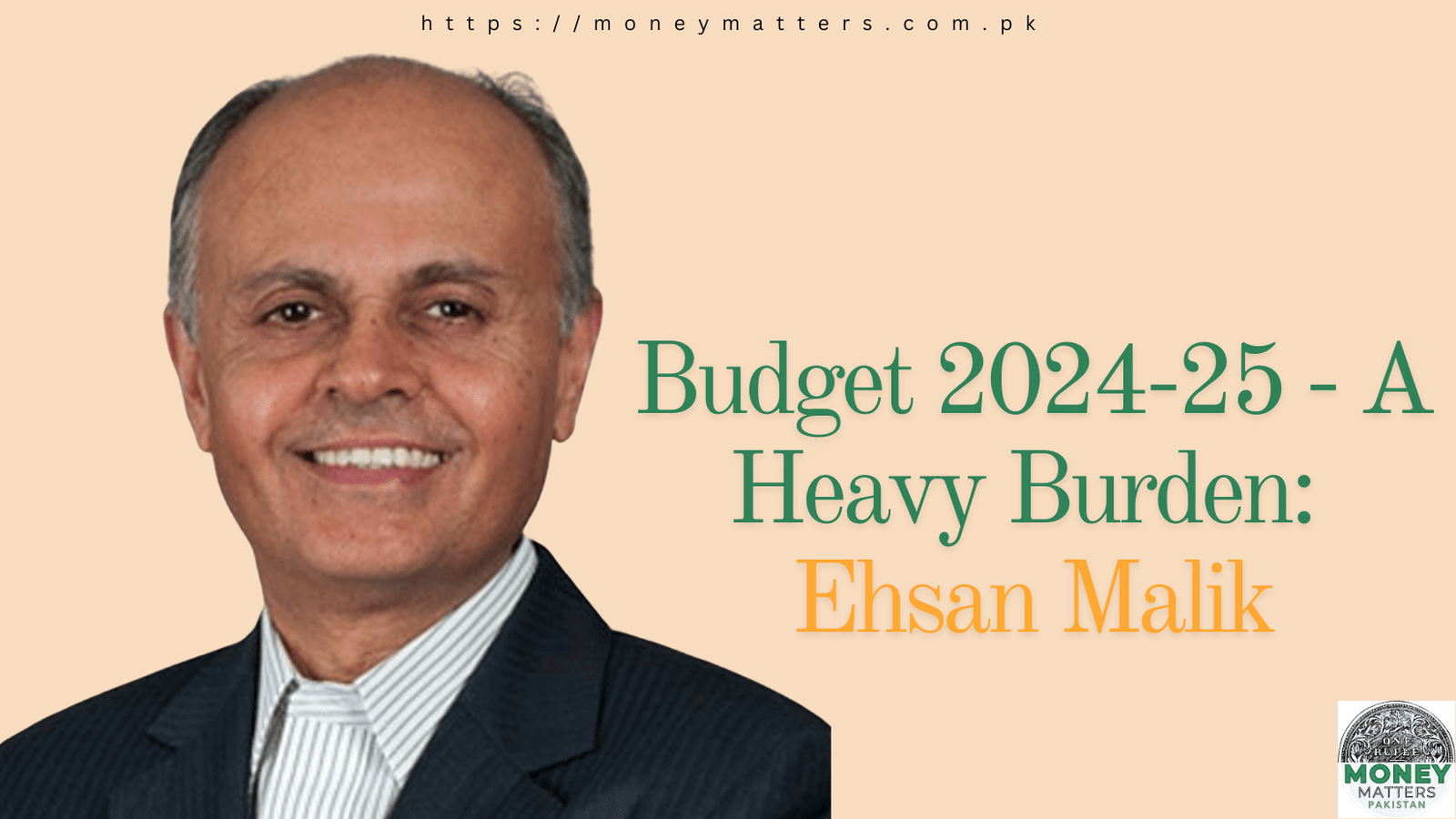Key takeaways:
- The budget heavily burdens salaried employees and already taxed individuals while sparing influential sectors, which could undermine its effectiveness.
- Previous IMF programs have not achieved sustainable reforms due to unrealistic targets and insufficient consideration of implementation capabilities.
- The current budget focuses on extracting more revenue rather than broadening the tax base, which could harm economic growth.
- Measures aimed at appeasing the IMF may not align with Pakistan’s long-term economic interests, potentially leading to short-term gains at the cost of future stability.
- The budget lacks measures to enhance export competitiveness and attract foreign investment, crucial for managing Pakistan’s external accounts
Ehsan Malik, CEO of the Pakistan Business Council, recently provided a detailed critique of Pakistan’s 2024-25 federal budget in an article published by Daily Dawn. Malik begins by questioning the effectiveness of the budget in addressing Pakistan’s economic challenges, particularly its heavy reliance on taxing salaried employees and those already burdened by existing tax obligations, while seemingly sparing influential sectors from similar fiscal responsibilities. He casts doubt on whether the 24th IMF program, which the budget is designed to secure, will bring about the necessary reforms for sustainable economic stability, given Pakistan’s history with previous IMF programs.
Malik draws attention to past IMF programs, noting their tendency to set unrealistic targets without considering the actual capacity of the Federal Board of Revenue (FBR) or the political will of the government to implement substantial reforms. He critiques the budget’s repetition of revenue-extractive measures that deepen existing tax burdens rather than broadening the tax base, which he believes is primarily aimed at meeting IMF expectations rather than fostering long-term economic growth. Malik argues that such short-term, tactical measures, while potentially appeasing international creditors, may not align with Pakistan’s broader economic interests.
Furthermore, Malik highlights the budget’s lack of focus on crucial areas such as enhancing export competitiveness and attracting foreign direct investment, which are essential for managing Pakistan’s external accounts. He expresses concern over specific tax policies, such as the imposition of 18% GST on packed dairy products and advance taxes on retailers, which he predicts could lead to inflation and favor the informal sector over formal businesses. He laments the budget’s failure to consider major recommendations to alleviate the tax burden on the formal sector and promote competitiveness, such as phasing out supertax and revising double taxation policies.
In conclusion, Malik asserts that the budget is inequitable, lacks vision, and fails to address the fundamental economic challenges facing Pakistan. He predicts potential consequences, including missed revenue targets, persistent inflation, and ongoing economic imbalances, questioning whether the 24th IMF program will achieve more than temporary solvency for Pakistan’s economic woes.




